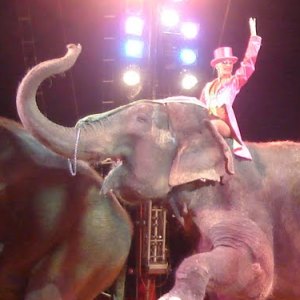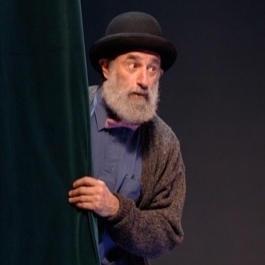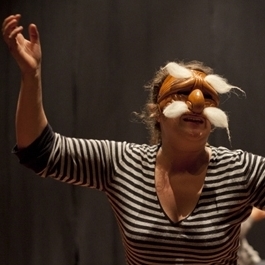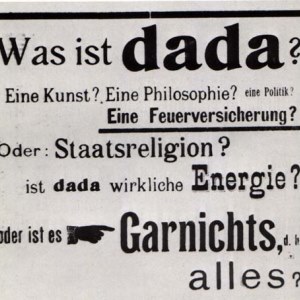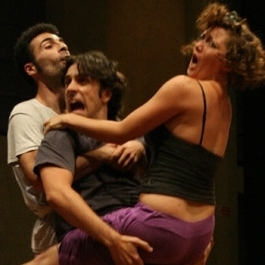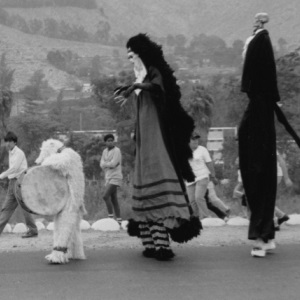Comedy developed in direct opposition to tragedy in ancient Greek and Roman theatre. Generally comedy is intended to create laughter through the presentation of humorous dialogue or physical action, but more usually through a combination of both. Some forms of comedy work purely through language, often placing a character at odds with the society in which they are operating, in terms of their beliefs or their way of viewing the world. Comic characters are often used to explore the paradox or hypocrisy of a social system. Often, comedy is created through an exaggeration of character in performance – a character might be created as somehow out of synchronicity with others in the performance. Whilst there are some universal kinds of comedy – often physical – comedy and humour are context-specific; what is considered humorous in one social setting may not be in another. Comedy frequently operates through juxtaposition and the inventive manipulation of dramatic rhythm. Comedy can also work through parody, satire, farce or through an exploration of the grotesque. It can be seen as both coercive and counter-cultural, and as supporting the status quo or challenging it.
Image: Mr Puntila and his Man Matti by Bertolt Brecht, dir. Hamish Glen, Coventry Belgrade, 2007. Photograph: Robert Day

